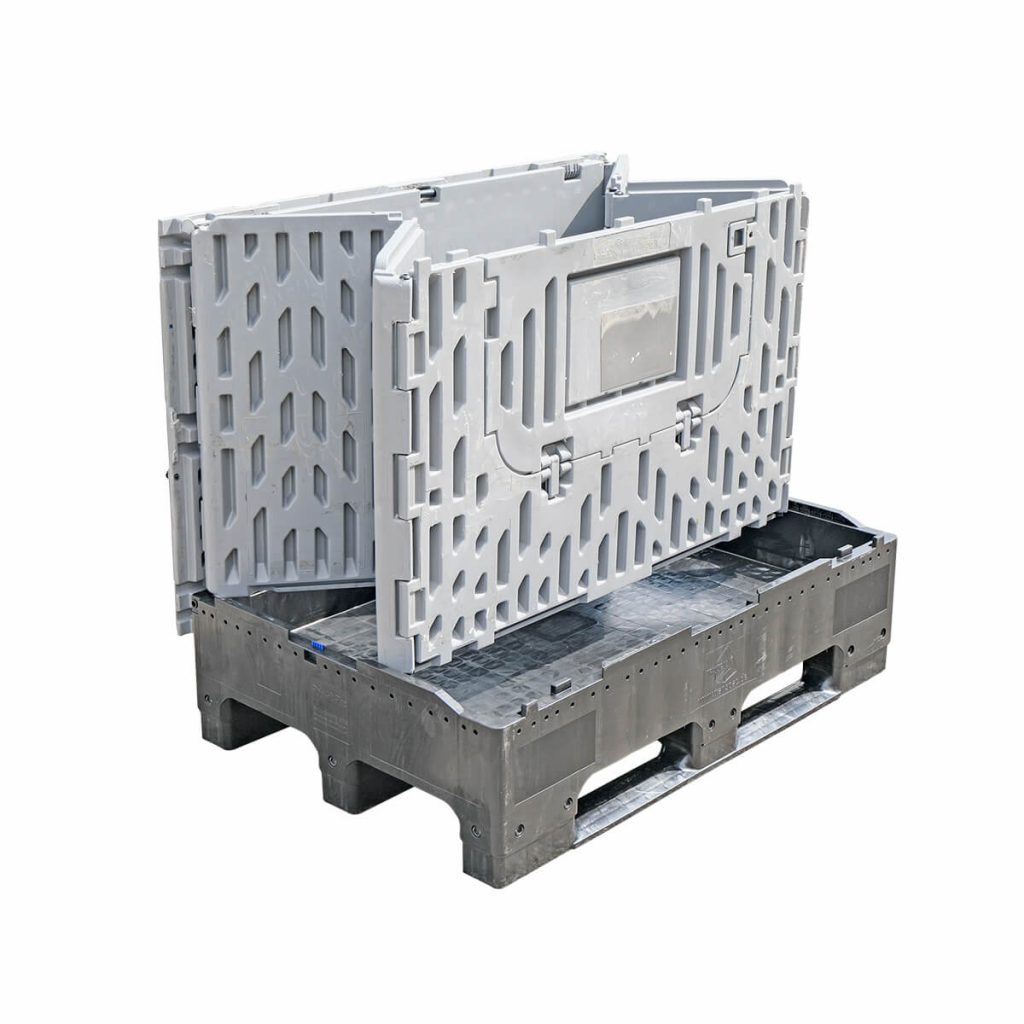Ensuring product safety with reusable bulk packaging is a multifaceted endeavor that combines innovative design, rigorous testing, and responsible management practices. As the world increasingly focuses on sustainability and reducing waste, reusable bulk packaging has emerged as a viable solution across various industries, from food and beverages to pharmaceuticals and electronics. One of the key aspects of ensuring product safety with reusable bulk packaging is designing containers that are durable, leak-proof, and easy to clean. This involves using high-quality materials that can withstand multiple uses without compromising the integrity of the packaging or the products it contains. For instance, in the food industry, reusable bulk containers are often made from food-grade plastics or stainless steel, which are resistant to corrosion and contamination. Furthermore, these containers are designed with features such as secure lids, tamper-evident seals, and ergonomic handles to facilitate safe handling and transportation.

For example, in the pharmaceutical industry, reusable bulk containers for medications are designed with child-resistant closures and barcode labels for accurate tracking and inventory management. In addition to design considerations, rigorous testing is essential to ensure the safety and reliability of reusable bulk packaging. This includes testing the containers for durability, structural integrity, and compatibility with various products and environments. For instance, in the automotive industry, reusable bulk containers are subjected to vibration and impact tests to ensure they can withstand the rigors of transportation without compromising the safety of the parts they contain. Moreover, testing is also conducted to evaluate the cleanliness and hygiene of reusable bulk packaging after each use. This involves cleaning and sanitizing the containers using approved methods and materials to eliminate any residues or contaminants that could pose a risk to product safety. For example, in the beverage industry, reusable bulk containers for liquids undergo stringent cleaning protocols, including hot water rinses and sanitization with food-grade detergents.
Another critical aspect of ensuring product safety with reusable bulk packaging is implementing responsible management practices throughout the entire lifecycle of the containers. This includes proper storage, handling, and maintenance to prevent contamination, damage, or loss of integrity. For example, in the electronics industry, reusable bulk containers for electronic components are stored in climate-controlled environments and inspected regularly for signs of wear or damage. Furthermore, responsible management practices also involve tracking and tracing the movement of reusable bulk containers throughout the supply chain to ensure accountability and compliance with safety standards. This includes using technologies such as RFID tags and barcodes to monitor the location, usage, and maintenance history of the containers. Overall, pallet boxes ensuring product safety with reusable bulk packaging requires a holistic approach that encompasses design innovation, rigorous testing, and responsible management practices. By investing in high-quality materials, thorough testing protocols, and effective management strategies, companies can confidently adopt reusable bulk packaging as a sustainable and safe solution for transporting and storing products.